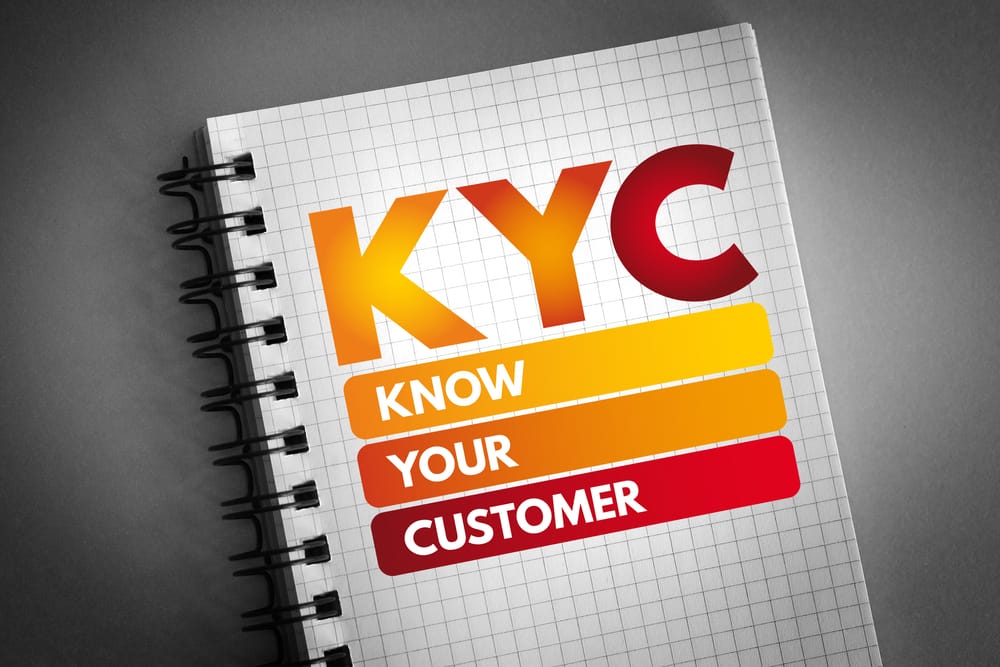Today’s global business market features more interconnectivity and decentralized options than ever before, making the need for regulatory compliance crucial. The Fifth Anti-Money Laundering Directive (5AMLD) has placed an increasing focus on the importance of Know Your Business (KYB) procedures for companies across multiple industries, and focus on building transparency, accountability, and risk assessment into ethical business practices.
Understanding why KYB matters can help organizations navigate regulatory complexities, mitigate risks, and maintain their reputation in an evolving financial and regulatory landscape. Below, we’ll take a look at the significance of KYB for businesses, particularly in light of 5AMLD, read on to learn more.
What Is the 5th AML Directive?
The Fifth Anti-Money Laundering Directive (5AMLD) was introduced by the European Parliament on April 19, 2018, in response to a sharp increase in known incidences of human trafficking, terrorist funding, and other nefarious criminal activities. 5AMLD recognizes the missing focuses of its predecessors (4AMLD, for example), and introduced stricter rules with an expanded number of organizations included within their regulatory guidance. 5AMLD takes into account the development of technology and trends in the financial sector and provides a clear definition of cryptocurrency and obligations for virtual currency exchanges and wallets, and also focuses on the regulation of anonymous prepaid cards, as well as public access to property information.
The ultimate intention of 5AMLD is to improve financial integrity and confidence by combating money laundering other related financial crimes that disrupt the public good.
KYB and Enhanced Due Diligence
Enhanced Due Diligence (EDD) is a central component of of 5AMLD, with Know Your Customer (KYC) and Know Your Business (KYB) being integral parts of fulfilling the needs of EDD. Where enhanced information gather once was seen as a highly elevated business practices (and still is to a certain extent), modern businesses are now expected to perform more comprehensive background checks as an entry point and normative standard. Whether dealing with customers, prospective business partners, or even hiring new staff members, companies must conduct varying degrees of KYC and KYB data collection to ensure that the entity in question is not involved with money laundering or other illicit activities. From a B2B perspective, it is particularly important to ensure that your partners are not tied to any known activities or criminal efforts, both to protect your bottom line and preserve your brand reputation.
Failure to comply with these measures comes with increasingly steep fines and even the potential for significant legal action, making it crucial to ensure your business is on the right side of protective mandates. KYB practices allow companies to gather essential information about their business associates, including their ownership structure, financial stability, and compliance with AML regulations. This knowledge subsequently empowers businesses to make informed decisions about their relationships, reducing the risk of being associated with high-risk or fraudulent entities.
Risk Mitigation through KYB
KYB is a protective risk management strategy that allows businesses to vet partners and identify/categorize risk accordingly. Risk profiles factor in a variety of details such as finances, reputational (known associations, PEPs, etc), operational, and compliance related risks. Each component helps to inform a broader understanding of the entity as a whole, and helps to insulate outside parties from unnecessary risk.
Through KYB protocols, businesses can identify any red flags associated with their partners or customers early on and adapt accordingly. From previous legal troubles, connection to sanctioned individuals, prior involvement in illicit activities or other problematic behaviours, businesses can lean on the information gained through the KYB and EDD process to mitigate risk and terminate relationships at the appropriate time rather than leaving themselves open to greater issues.
Adherence to Evolving Regulations
5AMLD is a response, as well as an industry leader when it comes to matching and setting the pace in the fight against money laundering and fraudulently funded criminal activity globally. Businesses face a constant challenge of adapting to evolving standards (and by extension, evolving criminal practices that seek to circumvent regulation), and KYB serves as valuable bridge that makes compliance simple to integrate into daily practices, and makes it easy for companies to avoid the costly fines that come with poor risk management.
Reputation Management and KYB
There are no shortage of cautionary tales when it comes to being negligent with compliance in today’s business world, often with severe repercussions to a company’s reputation. Businesses that are associated with entities involved in illegal or unethical activities may find themselves under public scrutiny, leading to a loss of trust among stakeholders or investors, and may find themselves facing lengthy court battles that detract from their brand and allow competitors to exploit the situation (and negative press to their own gain). Just as 5AMLD focuses on transparency in business practices, the backlash from failing to comply showcases both the human and financial dangers of being negligent.
Businesses that invest in robust KYB procedures demonstrate their commitment to ethical conduct and regulatory compliance; and in doing so, cement themselves as valuable players in the global market. By understanding the pivotal role of KYB and its importance in the context of the 5AMLD, organizations can navigate the complex regulatory environment and thrive as responsible, trustworthy, and compliant entities that stand to succeed in business.
Want to learn more about staying up to date with current KYC/KYB protocols? Check out our industry leading modular suite of KYC products.
















